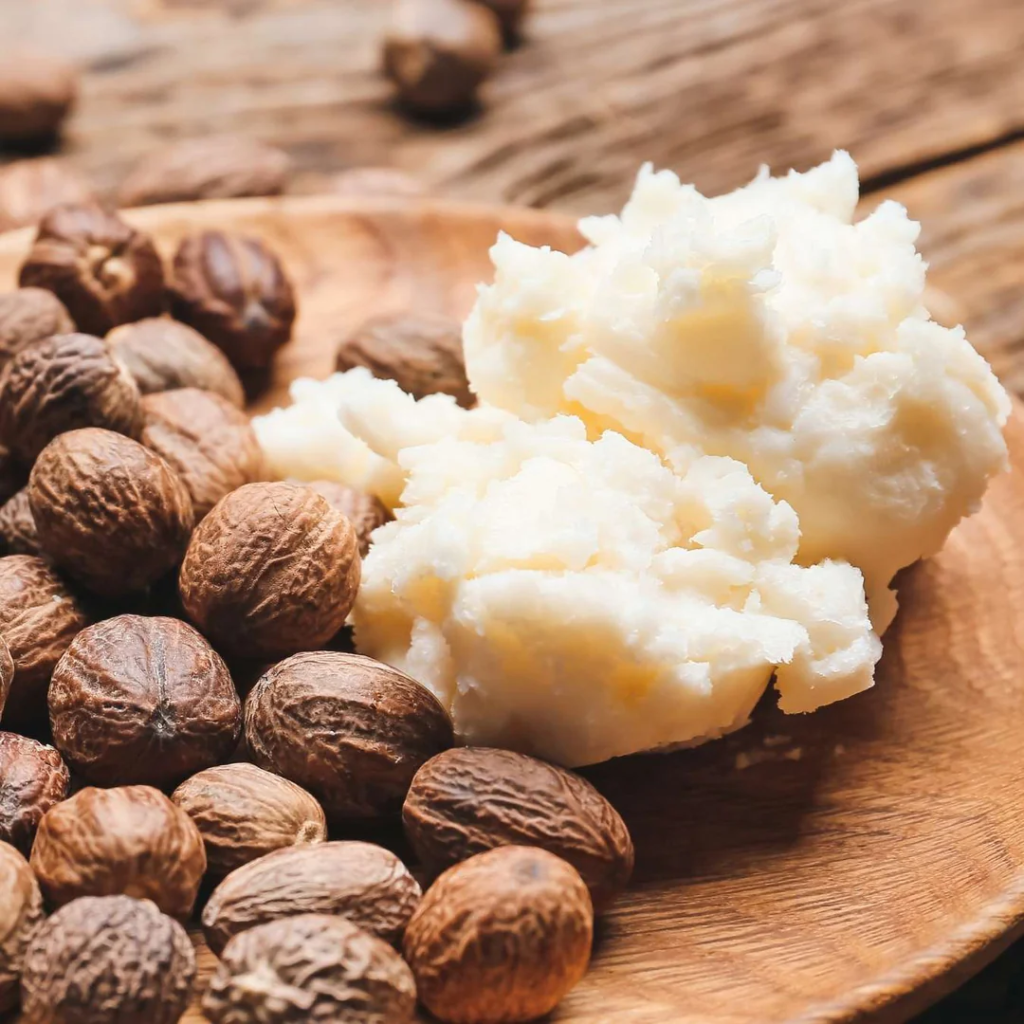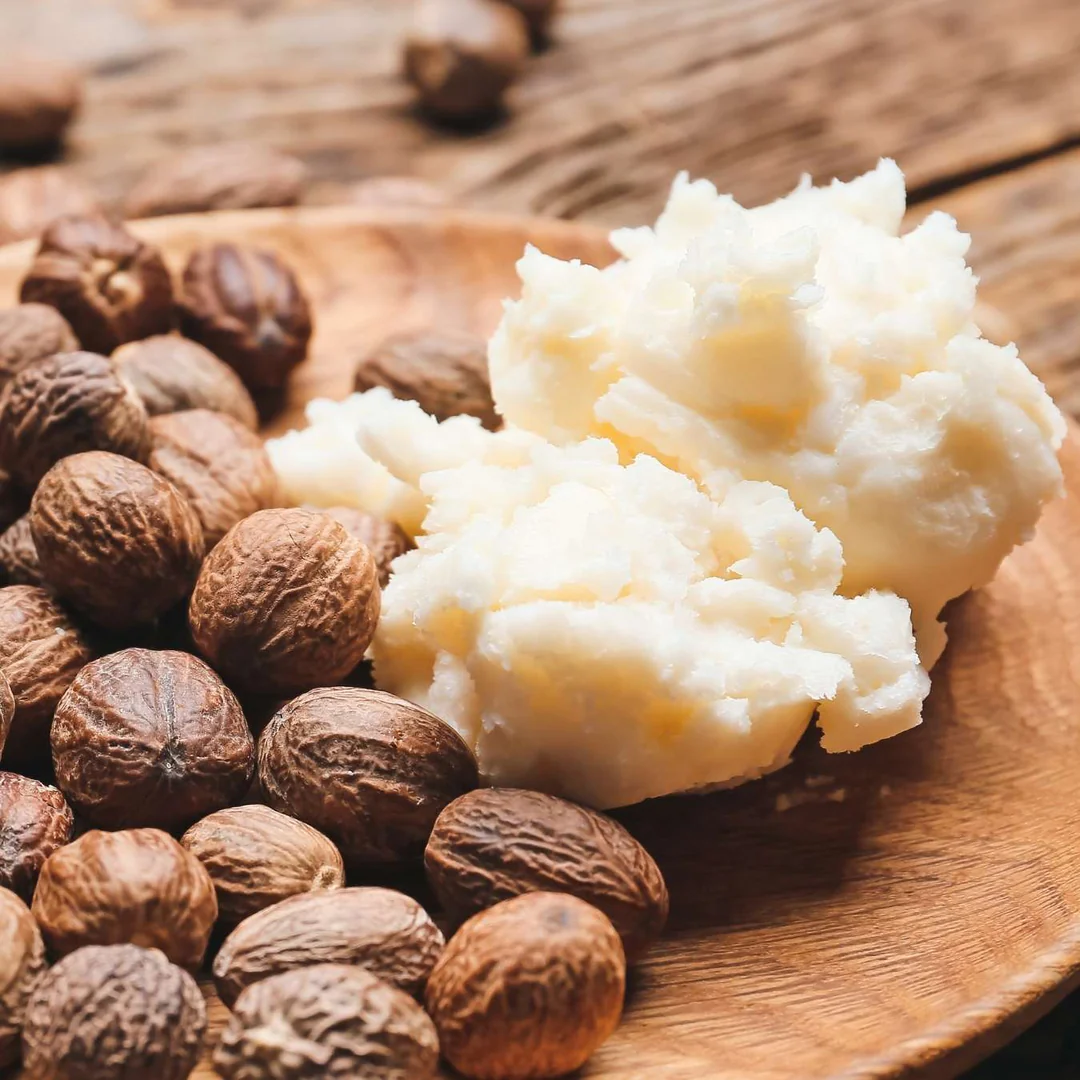Shea butter, cherished for its moisturizing and healing properties, isn’t just a skincare marvel; it’s also a cornerstone of environmental conservation efforts in biodiversity hotspots around the globe. This natural commodity, sourced primarily from the African shea tree (Vitellaria paradoxa), plays a pivotal role in sustaining local ecosystems and safeguarding endangered species.
The Importance of Shea Butter in Sustainable Agriculture
Shea butter production supports millions of livelihoods across sub-Saharan Africa, particularly in countries like Ghana, Nigeria, and Burkina Faso. The process begins with harvesting the shea nuts, which are hand-collected by local communities from wild shea trees that grow in savannah regions. This sustainable harvesting practice ensures minimal ecological impact while providing economic opportunities to rural populations.

Conservation of Biodiversity Hotspots
The shea tree itself is an integral part of biodiversity hotspots, where it serves as a keystone species. These regions are characterized by high levels of species diversity and endemism but are also under threat from deforestation, climate change, and unsustainable agricultural practices. By promoting sustainable shea butter production, we contribute to the preservation of these critical habitats and the species that call them home.
Preserving Natural Resources Through Responsible Farming
Ajigofarms recognizes the importance of ethical sourcing and environmental stewardship in the production of shea butter. By partnering with local cooperatives and adhering to Fair Trade principles, we ensure that our shea butter not only meets the highest quality standards but also supports biodiversity conservation and empowers local communities.
Supporting Community Development and Empowerment
Beyond environmental benefits, the sustainable production of shea butter fosters community development. Women, in particular, play a central role in shea butter processing, from collecting nuts to producing the butter itself. Through fair wages and equitable partnerships, Ajigofarms contributes to gender equality and economic empowerment in rural areas.
Conclusion
Shea butter is more than just a commodity; it’s a symbol of sustainable agriculture and environmental conservation. By choosing products from responsible sources like Ajigofarms, consumers not only enhance their skincare regimen with natural goodness but also contribute to the protection of biodiversity hotspots and the promotion of community well-being. Together, we can ensure that shea butter continues to enrich lives and landscapes for generations to come.




